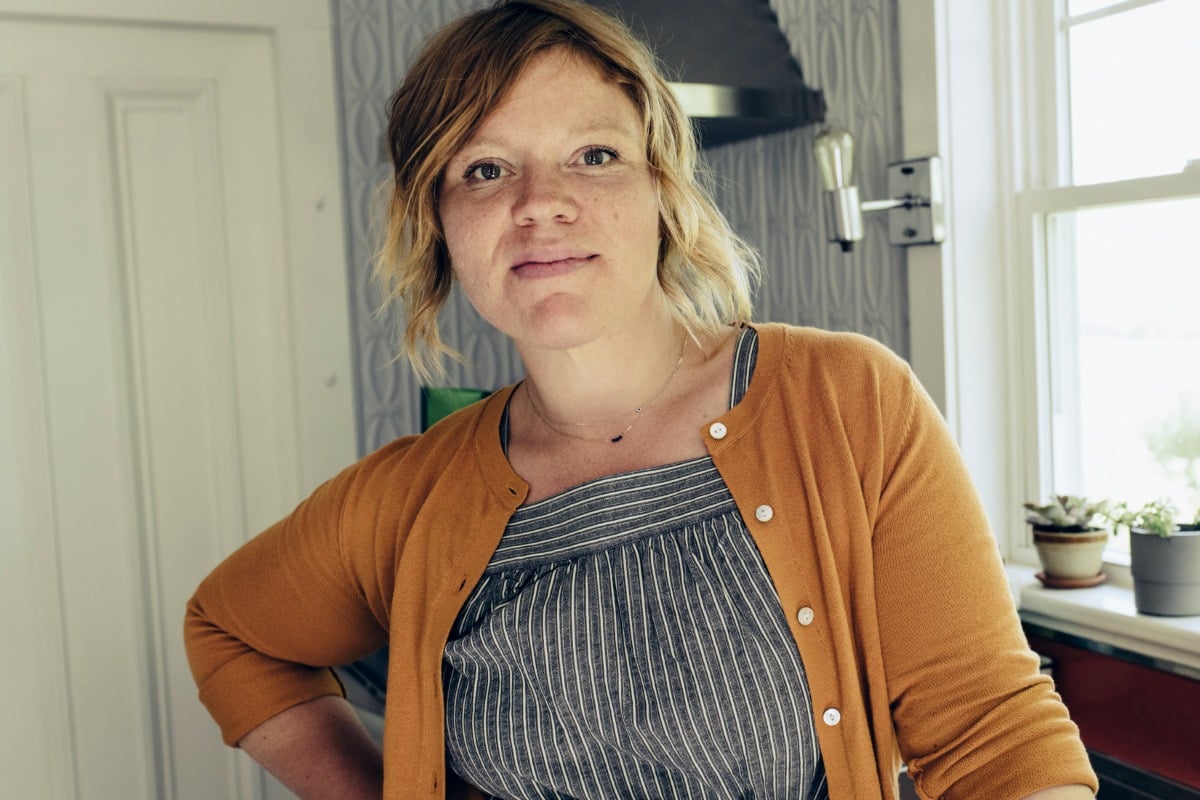
For the longest time, since at least high school but possibly even earlier, I was convinced that I was lazy, unmotivated, or just had no drive to succeed or do the things most other people my age were doing.
I got good grades in high school, which I owe to anxiety and the micromanagement of teachers in secondary school – as long as the pressure was on, I got the work done.
However, it was often late and always left until the very last minute so I’d be stressed and scrambling to write essays at 2am on the days they were due.
WATCH: Five tips to end procrastination. Post continues below.
When I entered university immediately after finishing year 12, I floundered without the watchful eyes of teachers and the threat of my parents finding out I wasn’t doing the work.
In uni, it’s all on you to be motivated and driven enough to do the work. I didn’t even have a good first semester and then lose focus; the downhill spiral was immediate.
So, I dropped out. Then I had my first baby and decided to try again. And I dropped out again. Repeat another, oh, three-ish times (switching up the university and degree too), and you get to me now.

Top Comments